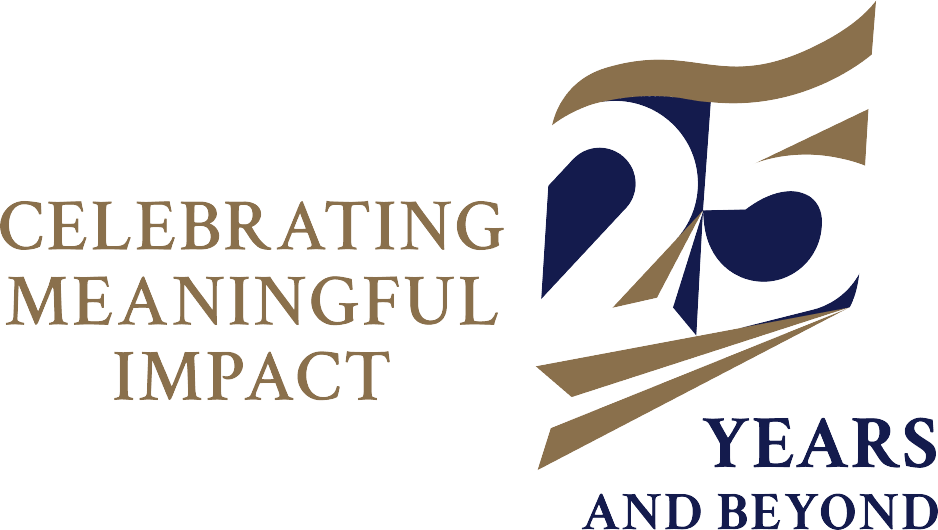Project Information
This research project examines the complex landscape of social media content regulation and platform governance in our increasingly interconnected world. The study focuses on how major powers like the EU, US, and China shape global platform governance through different regulatory approaches and mechanisms, including trade agreements and domestic legislation. The project specifically explores how these dominant approaches impact other nations, such as Australia, the UK, and Singapore. The research aims to analyse how different jurisdictions balance competing values such as free speech, privacy, and national security in content regulation. It examines the intersection of domestic and international law, private and public law, through the lens of legal pluralism. The goal is to develop a more inclusive framework for global platform governance that respects diverse legal traditions and cultural values, rather than simply reflecting the approaches of major powers.



